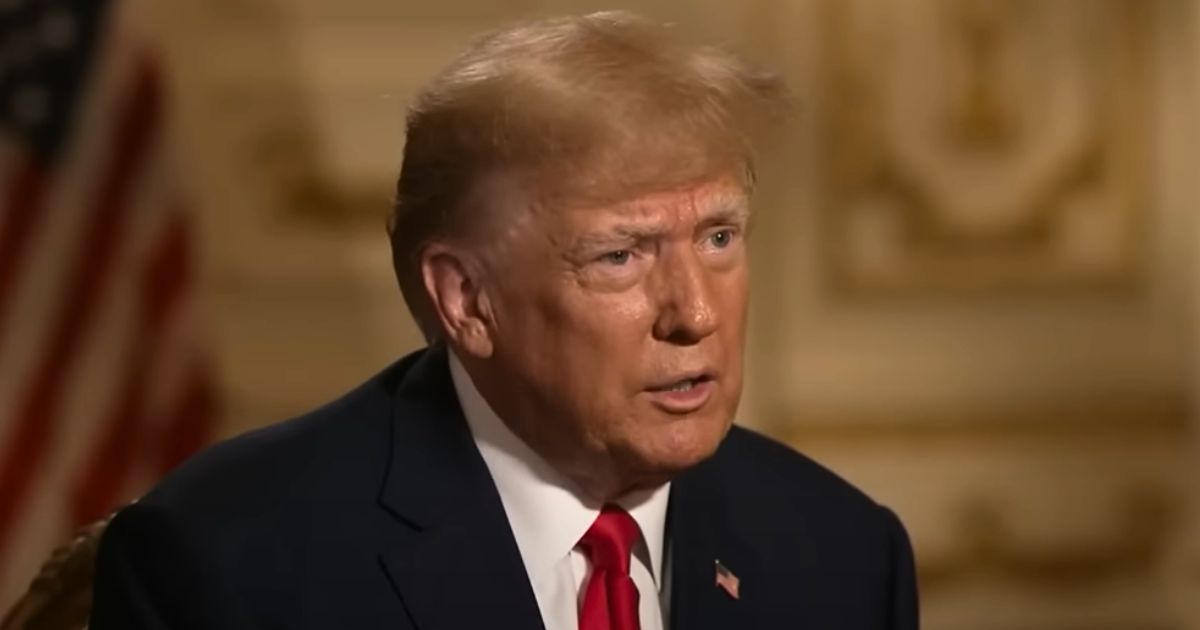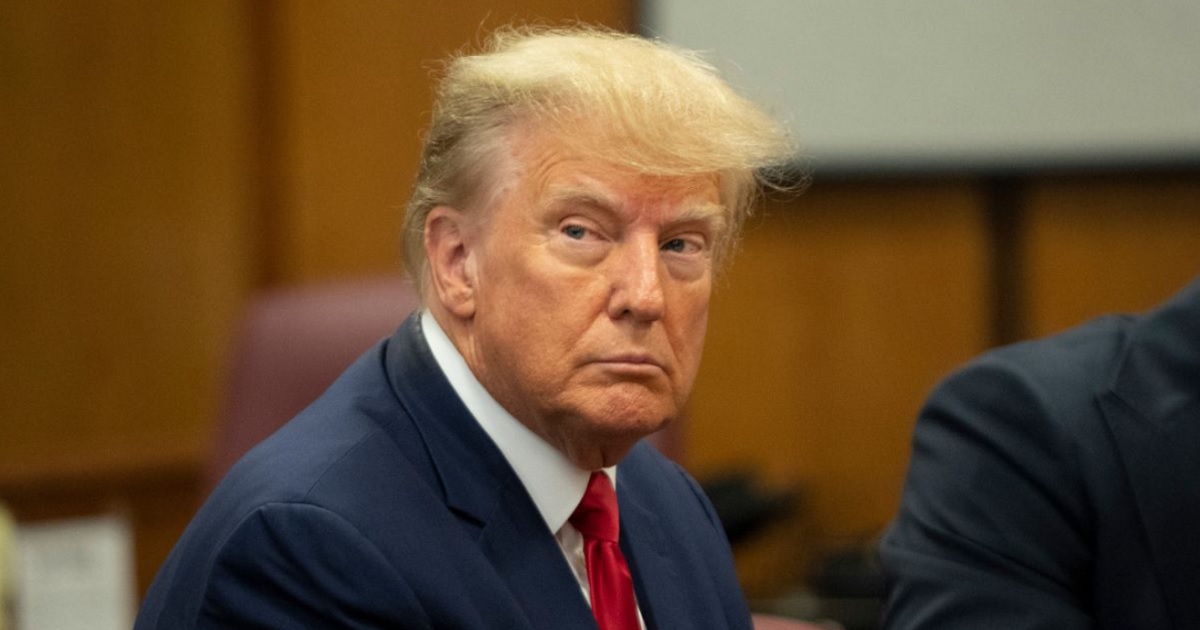Ex-US Rep. George Santos faceing significant prison time for fraud
George Santos, a former U.S. representative, has pleaded guilty to serious federal charges, including fraud and identity theft.
Prosecutors now seek over seven years in prison for Santos, emphasizing the extraordinary damage they say his actions have wrought on the U.S. electoral system, as the New York Post reports.
Santos’ admission to federal crimes was announced by prosecutors who noted his fabricated biography and theft from vulnerable donors as significant components of his criminal activities. His plea included admission to identity theft, fraudulently engaging his campaign staff, and deceiving constituents.
In a dramatic courtroom scene, Santos described the legal actions against him as a "witch hunt," strongly contesting the charges despite his guilty plea. This defiance persisted even as he faced overwhelming evidence presented by federal authorities.
The recommendation for Santos' sentencing came from the U.S. Attorney for the Eastern District of New York, who labeled Santos' actions as "unparalleled crimes" that mocked the U.S. election system. This harsh critique underlines the serious nature of the offenses.
Details of crimes, plea deal emerge
The prosecutors detailed how Santos not only lied about his past and qualifications -- constructing a completely fictitious biography -- but also how he exploited the trust of elderly and impaired donors to finance his deceptive political ascendance. The impact of these acts cast a long shadow over the integrity of electoral processes, they argued.
Despite Santos having pleaded guilty, his expressions of remorse were dismissed by prosecutors as insincere, pointing out that he hadn’t made efforts to forfeit his ill-gotten gains or fully repay his victims, thus questioning the genuineness of his regret.
Arguments from Santos' defense revolved around his lack of prior offenses and his responsibilities towards his sister’s family as reasons for a lighter sentence of only two years.
They hoped such a penalty might suffice to deter similar future misconduct without excessively penalizing Santos.
Sentencing and restitution: Legal consequences unfold
A federal judge is slated to impose Santos’s sentence on April 25, marking a pivotal date for all involved. The judgment will conclude a notable and controversial chapter in U.S. political history.
As part of the consequences he now faces, Santos agreed to a plea deal that includes paying approximately $375,000 in restitution and an additional $205,000 in forfeiture. This financial reimbursement is aimed at partly redressing the monetary damages inflicted by his crimes.
Further emphasizing the severity of Santos' deceit, prosecutors highlighted how Santos continued to exploit his notoriety even after his expulsion from Congress in 2023, earning significant amounts from a documentary and appearances on Cameo.
Broader implications: Public trust, legal integrity
Two of Santos’ former campaign staffers have also entered guilty pleas to related federal charges, acknowledging their part in the broader scheme orchestrated by Santos. This development adds another layer to the scandal, shedding light on the collective involvement and broader ramifications.
Prosecutors explicitly criticized Santos for his "extraordinary pattern of dishonesty," arguing that it substantially increases his likelihood of reoffending. Such behavior, they asserted, necessitated a substantial removal from the community to prevent further damage.
Santos' lawyers countered that his sentence should reflect not only the legal but also the significant collateral consequences he has faced, including loss of his congressional role and public humiliation. They argued these factors should mitigate the severity of the legal repercussions he faces, suggesting a complex balance between justice and fairness in high-profile political cases.
Impact on electoral system, public perceptions
Final decisions on Santos’ sentence will not only close his case but will likely echo in the political landscape, serving as a stern warning against electoral misconduct and fraud. The outcome may well shape public expectations of accountability in political figures moving forward.
The case against Santos highlights a pressing need for transparency and integrity in electoral processes, making clear the high stakes of public trust in democratic systems. The extensive media coverage and public discourse surrounding the case underline the societal demand for unyielding ethical standards in politics.
In the broader context, Santos' case serves as a stark reminder of the potential depths of deceit in politics and the essential vigilance required by voters and authorities alike to safeguard democratic values.





